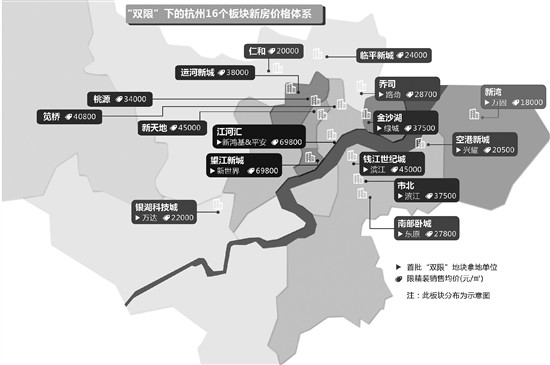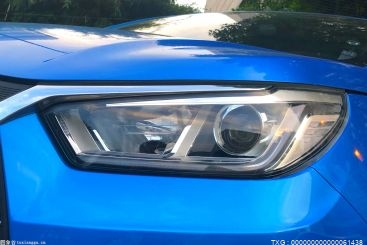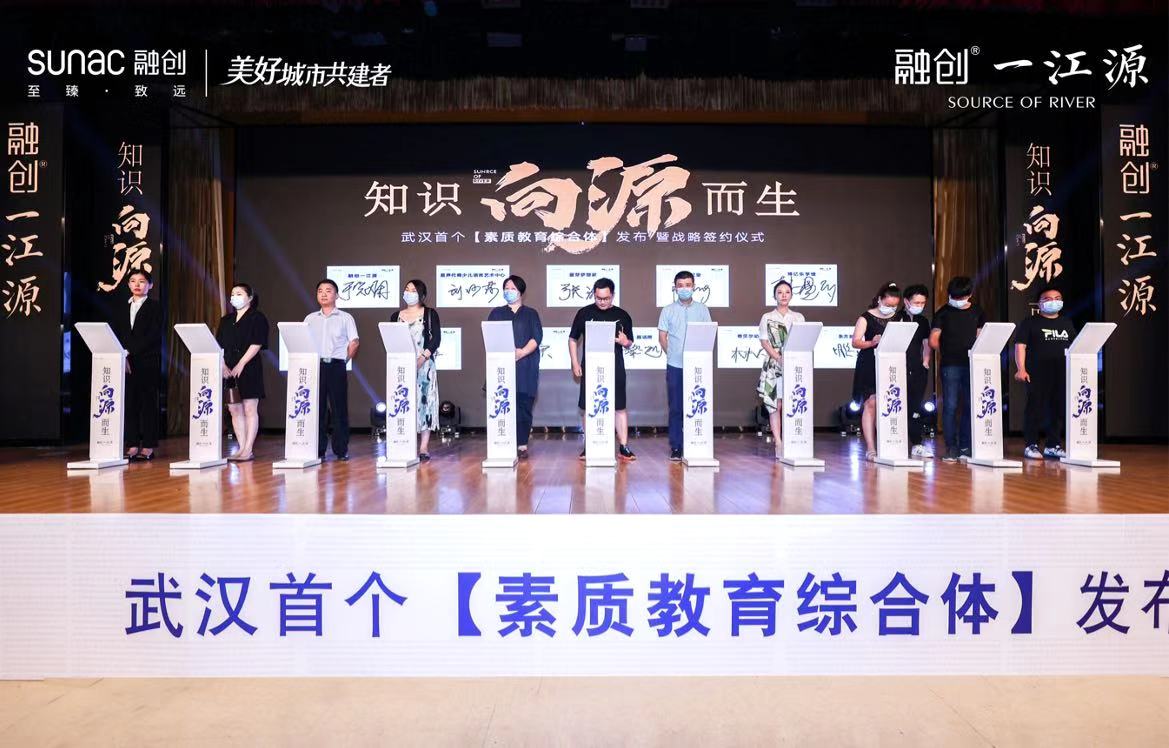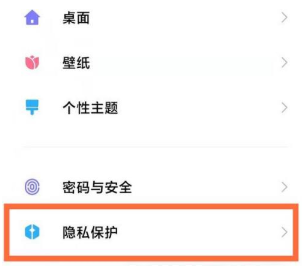Image Source: Visual China
BEIJING, February 24 (TMTPOST) — Faraday Future (NASDAQ: FFIE), an EV (electric vehicle) maker founded by controversial Chinese entrepreneur Jia Yueting, finally unveiled its production-intent EV model FF 91 at its production plant in Hanford, California.
Faraday Future’s CEO Carsten Breitfeld and founder Jia Yueting drove a silver FF91 into a production plant in Hanford on Thursday. The pre-production model closely resembles the electric crossover that Faraday Future first unveiled in 2017. The latter was originally scheduled to enter into production a year later.
The first production-intent FF91 is a milestone for Faraday Future, Breitfeld said, adding that the mass production of FF91 is expected to take place in the third quarter this year. Faraday Future will produce its second EV model FF81 in South Korea in 2024, according to Breitfeld. The company might achieve profitability in 2025.
“Building the first production-intent vehicle at the Hanford plant is a monumental step for the team,” Matt Tall, Vice President of Manufacturing of Faraday Future said. “This iteration is the closest to the FF 91 production model we have seen to-date.” According to Tall, the road-going crossover will “reset customer expectations with an unparalleled driver and passenger experience.”
Faraday Future’s founder Jia said the pre-production FF91 can accelerate faster than most car models from Maybach and Ferrari.
The pre-production FF91 adopts the Variable Platform Architecture and is equipped with a 130 kWh battery pack that delivers a range of approximately 608 km. Faraday Future said that the vehicle will have a tri-motor all-wheel drive system that features rear torque vectoring as well as a combined output of 1,050 hp (783 kW/1,065 PS).
Faraday Future said that it will be building several more production-intent vehicles over the coming months for testing, validation and final certification purposes.
The news of pre-production FF91 did not excite investors. Faraday Future’s share price had fallen by 11.05% to US$4.55 per share between February 18 and 24. The company’s valuation has already shrunk by two thirds to around US$1.537 billion, compared with the US$4.5 billion valuation it had when it was listed.
关键词: English



















































 营业执照公示信息
营业执照公示信息